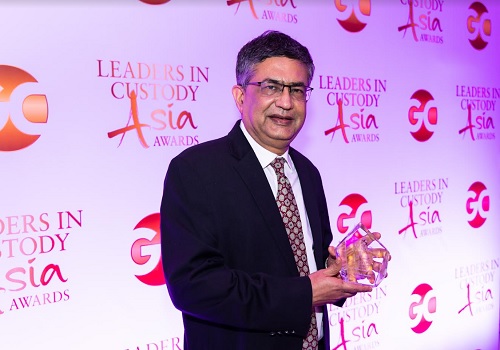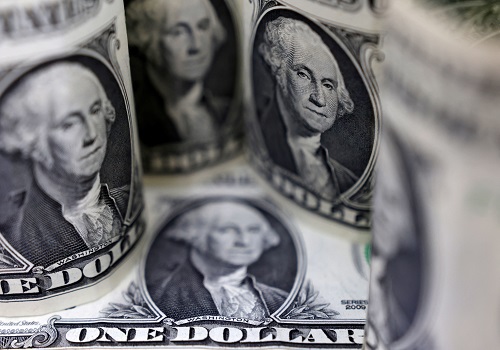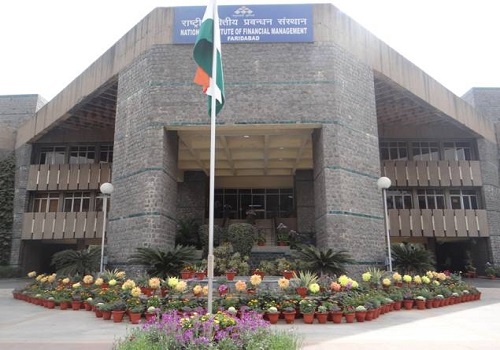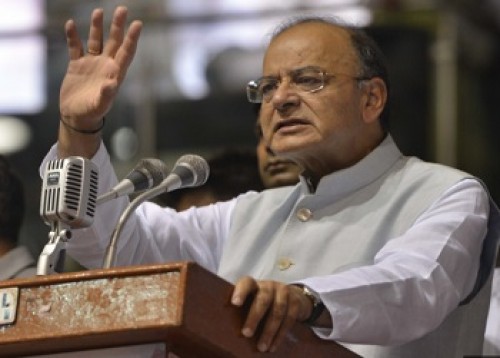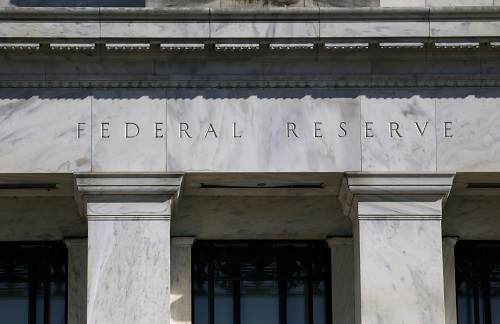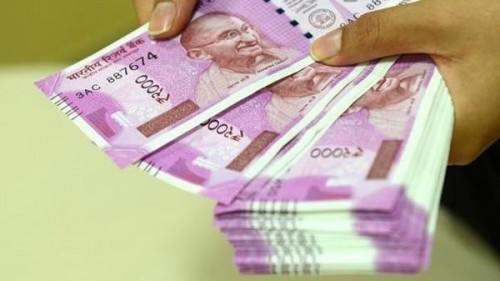From 2014-18, here`s how Arun Jaitley`s Budgets changed your income tax burden
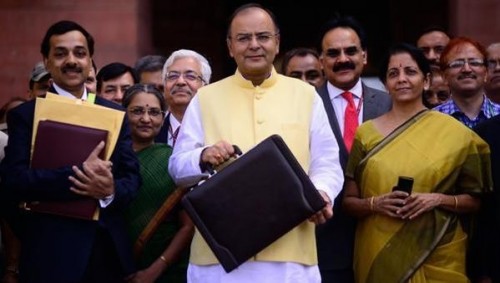
Follow us Now on Telegram ! Get daily 10 - 12 important updates on Business, Finance and Investment. Join our Telegram Channel
Now Get InvestmentGuruIndia.com news on WhatsApp. Click Here To Know More
During the first terms of Modi governement, the then Finance Minister Arun Jaitley announced a slew of income tax changes for the salaried class in the Union Budget for the years 2014-18. In 2019, ill health forced him to pass on the baton to Piyush Goyal.
Here's a brief summary on how Jaitley changed your income tax burden during the four financial years.
2014: Right after the NDA dispensation winning an overwhelming mandate at Lok Sabha elections, Arun Jaitley presented his first Union Budget.
The Finance Minister from raising the personal income tax exemption limit from ₹2 lakh to ₹2.5 lakh. For senior citizens, the exemption limit was increased from ₹2.5 lakh to ₹3 lakh. For people 80 years and above (very senior citizens) the exemption remained unchanged at ₹5 lakh.
Limit for deduction under Section 80C was increased to ₹1.5 lakh. Deduction limits for interest on home loan was increased to ₹2 lakh from ₹1.5 lakh.
Under the Public Provident Fund (PPF), Arun Jaitley increased the annual ceiling from ₹1 lakh to ₹1.5 lakh.
2015: In 2015, Jaitley increased the limit of deduction on health insurance premium from ₹15,000 to ₹25,000 and for senior citizens it was increased to ₹30,000 from ₹20,000. The Finance Minister also increased the transport allowance exemption from ₹800 to ₹1,600 per month.
He also announced additional deduction of ₹50,000 for contribution under New Pension Scheme (NPS) under Section 80 CCD.
Surcharged for income above ₹1 crore was increased to 12% from 10%.
Arun Jaitley abolished the wealth tax and replaced it with an additional surcharge of 2% on the super-rich who had a taxable income of more than ₹1 crore.
2016: At the Union Budget 2016, Arun Jaitley increased the tax rebate under Section 87A from ₹2,000 to ₹5,000 for those with income not exceeding ₹5 lakh per annum.
The Finance Minister also increased the limit of deduction on rent paid under Section 80GG from ₹24,000 per year to ₹60,000 per year.
Surcharge for income above ₹1 crore was increased to 15% from 12%.
10% income tax was imposed on dividends in excess of ₹10 lakh annually.
2017: At the Union Budget 2017, Arun Jaitley reduced the tax rate from 10% to 5% in the ₹2.5 lakh- ₹5 lakh bracket, thus leading to a reduction of ₹12,500 in income-tax.
The Finance Minister also reduced the tax rebate under Section 87A from ₹5,000 to ₹2,500, applicable to those taxpayers whose annual income is up to ₹3.5 lakh.
A surcharge of 10% was introduced on those with annual taxable income between ₹50 lakh and ₹1 crore.
2018: At the Union Budget 2018, Arun Jaitley allowed a standard deduction of ₹40,000 in lieu of current exemption in transport allowance and reimbursement of miscellaneous medical expenses, thus netting a benefit of ₹5,800 for taxpayers.
Deduction for medical expenditure was raised to ₹50,000 from ₹30,000 for senior citizens.
Jaitley also announced that the deduction for interest income earned on deposits with banks, post offices will be increased to ₹50,000 from ₹10,000 in case of senior citizens, along with an exemption from deduction for tax for interest income up to ₹50,000. Jaitley also proposed to replace existing 3% education cess on personal income tax and corporation tax with a 4% 'Health and Education Cess' to take care the education and health needs of poor and rural families
The major move during this Budget was the Finance Minister's decision to tax long term capital gains exceeding ₹1 lakh at the rate of 10% without allowing the benefit of any indexation. However, all gains up to 31 January, 2018 will be grandfathered, he said.












 320-x-100_uti_gold.jpg" alt="Advertisement">
320-x-100_uti_gold.jpg" alt="Advertisement">

